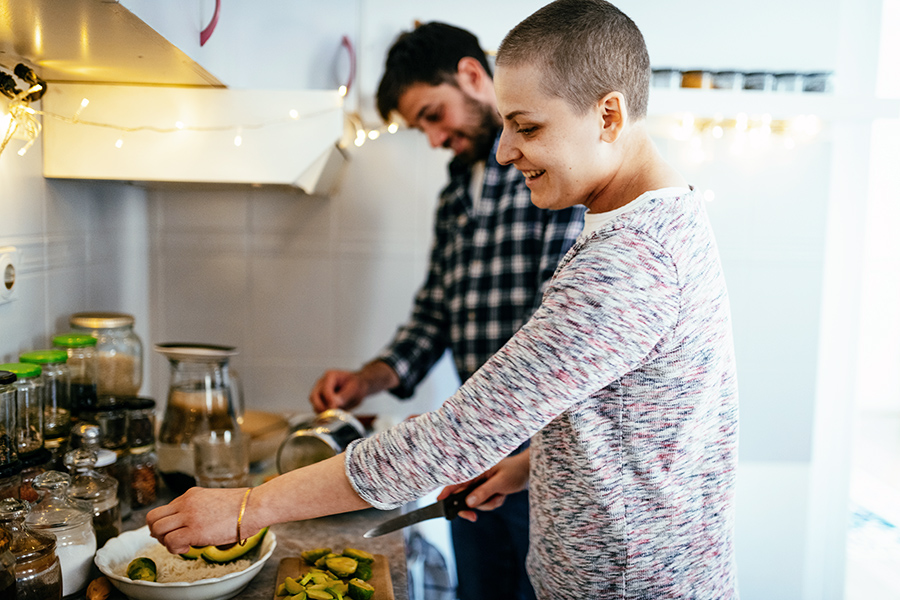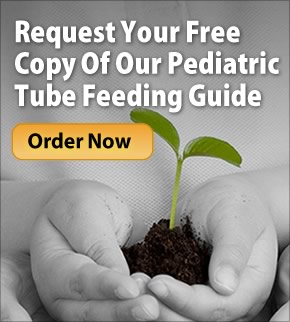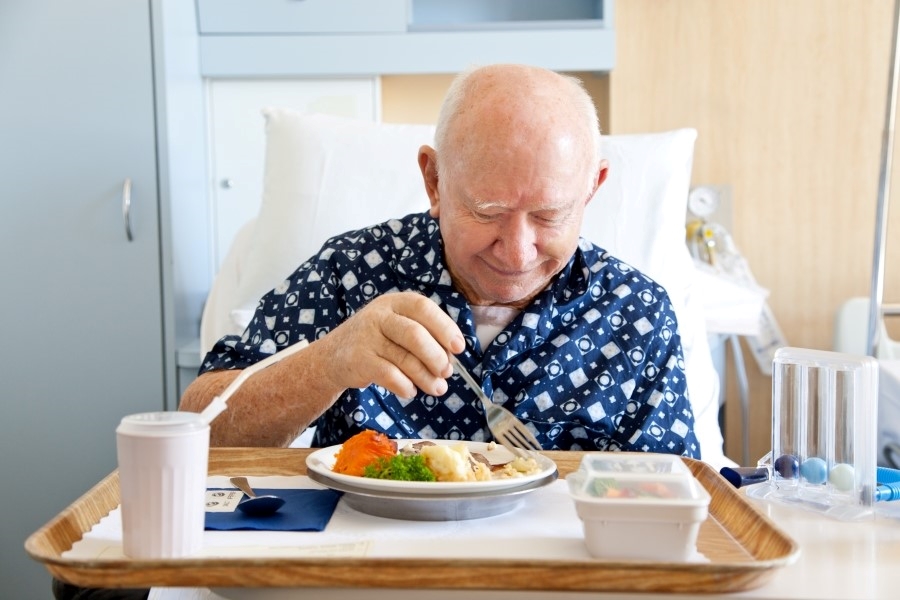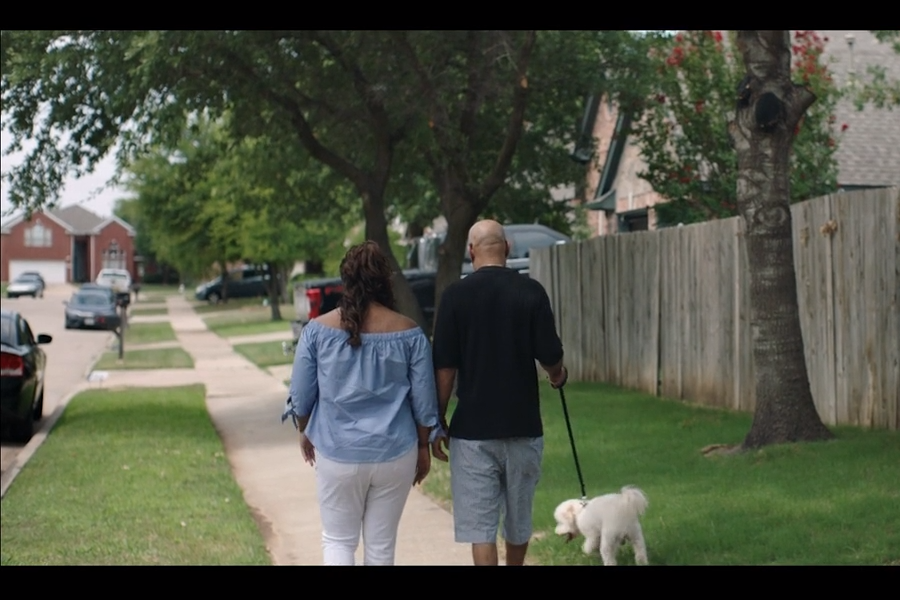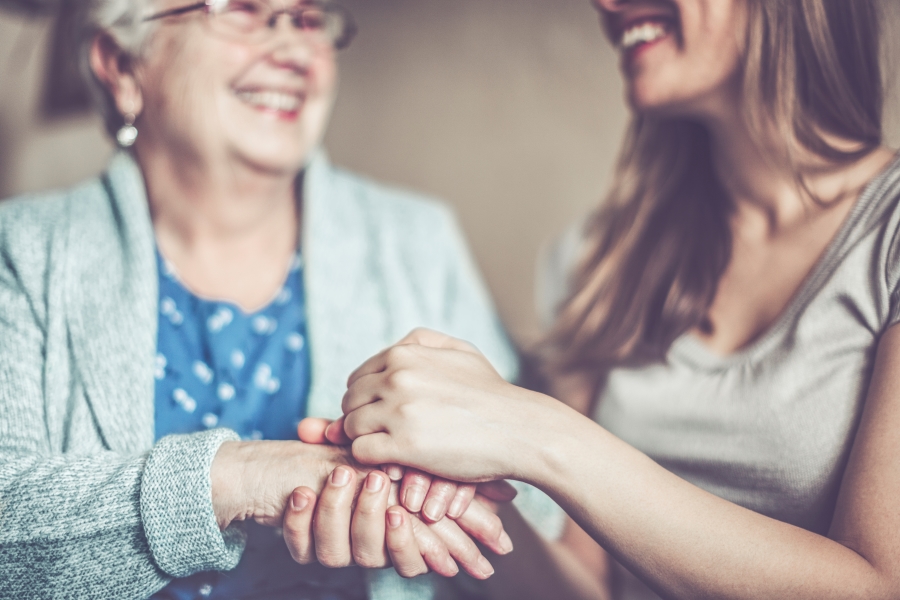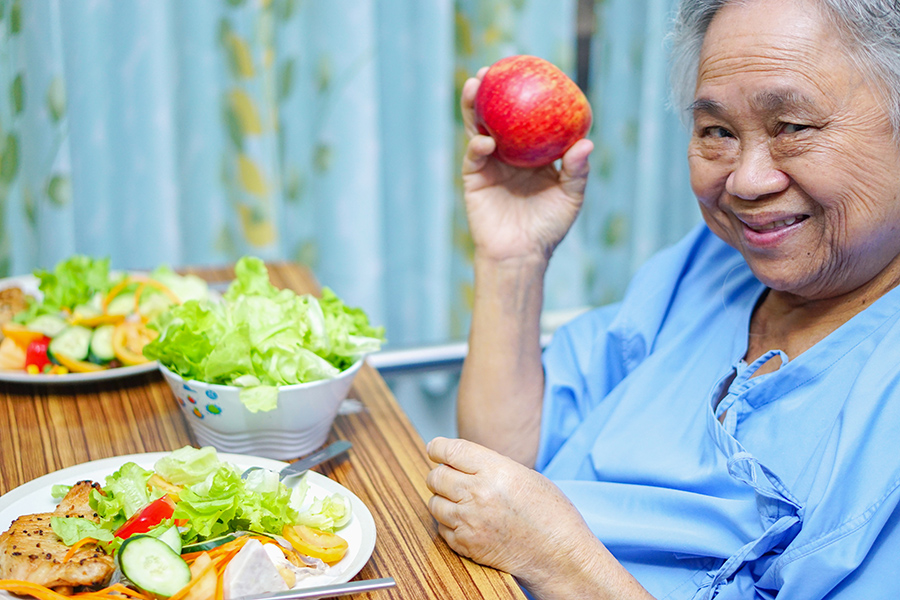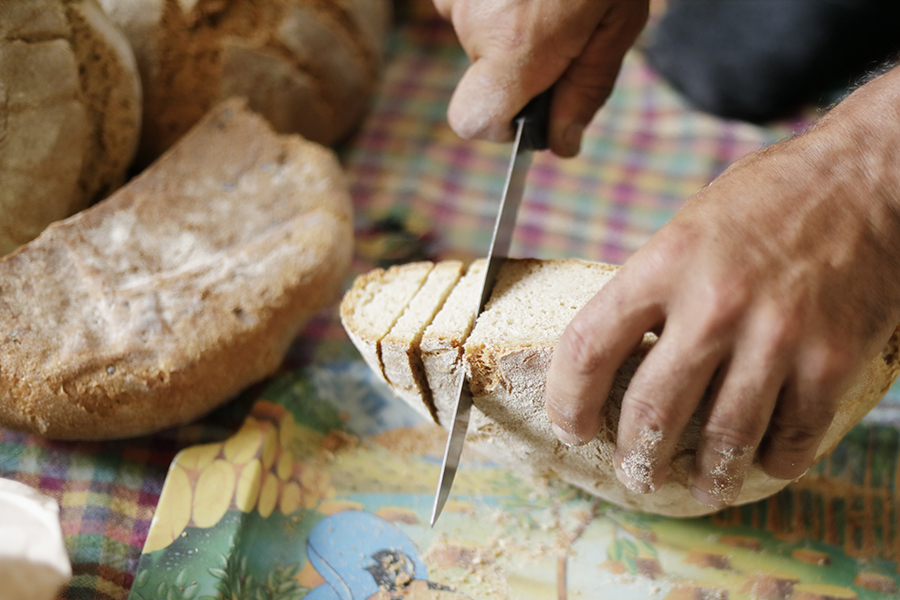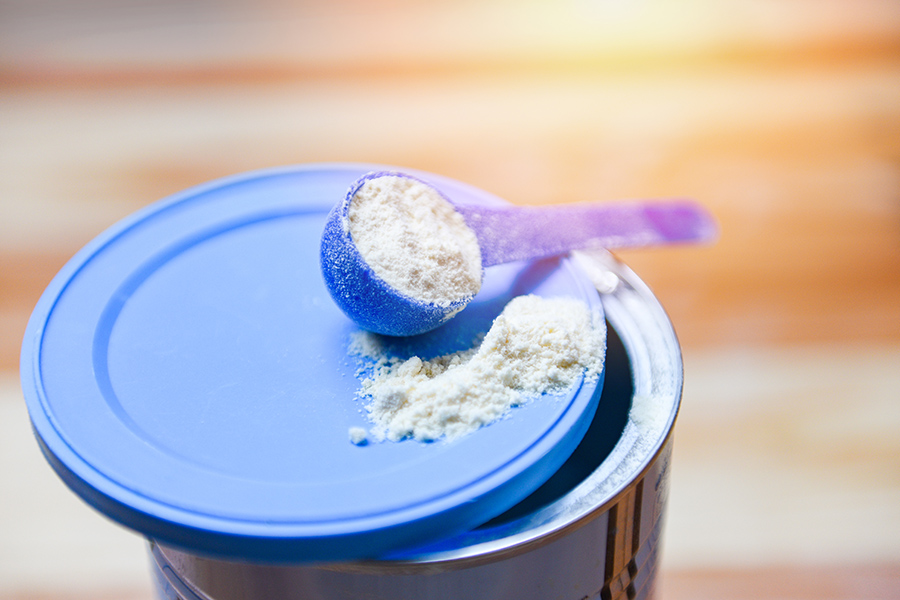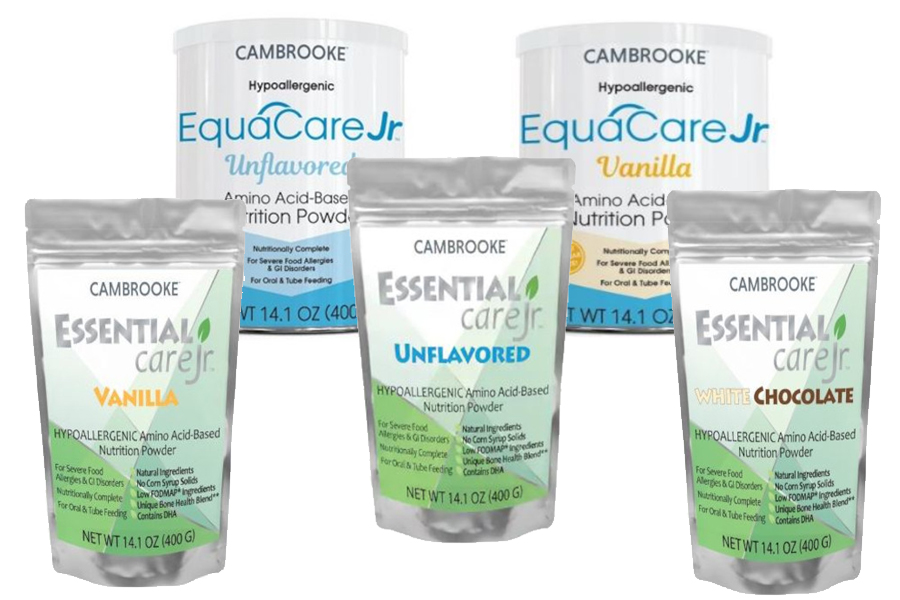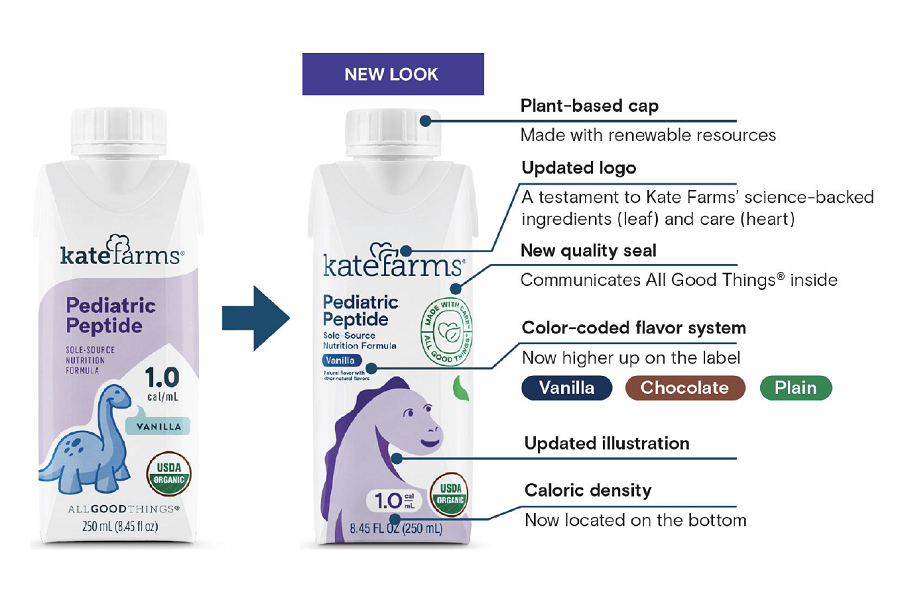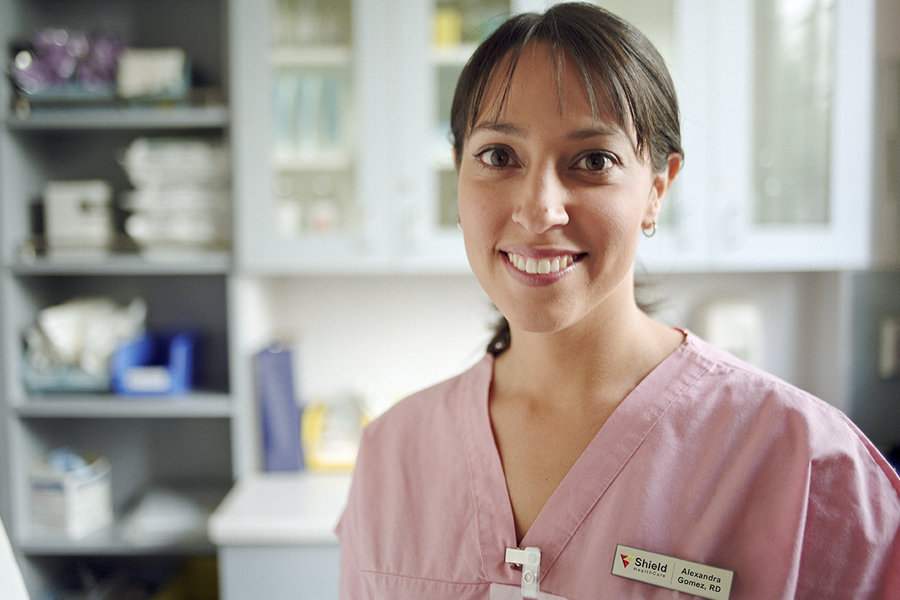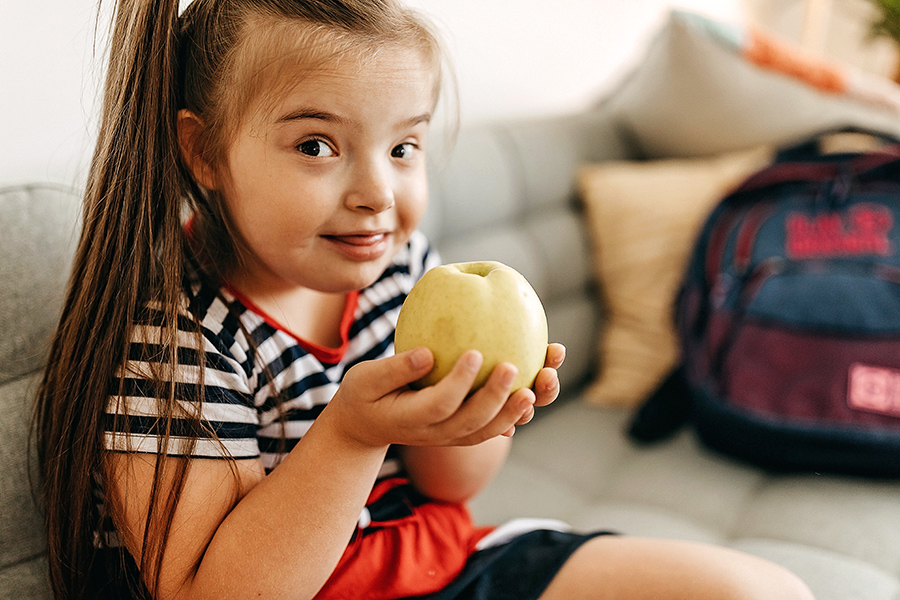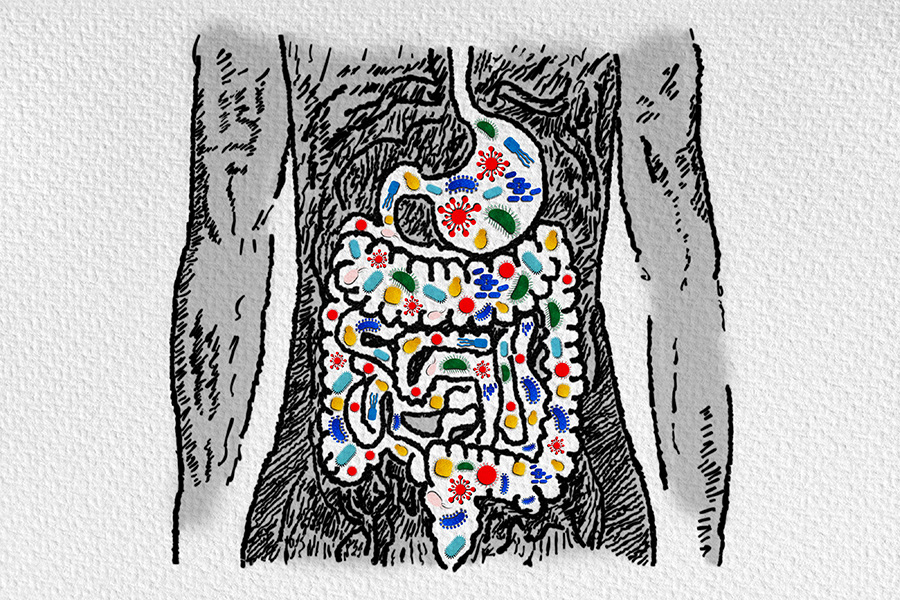The word “Cancer” sounds threatening to most people. Unfortunately, it is also a more common disease than you may imagine. According to the Center for Disease Control, the lifetime risk for developing cancer for men is 1 in 2; the risk for women is a little more than 1 in 3. The good news is, that thanks to advances in cancer treatment and therapies, successful campaigns for stopping smoking, and early cancer screening, the cancer death rate is dropping. Cancer fatalaties dropped 27% from 2001 to 2020 (CDC, 2022).
What is your nutrition goal?
Cancer and its treatment can cause a drastic change in your metabolism and reduce your body’s ability to absorb and use nutrients. On top of that, many cancer therapies suppress appetite and cause digestive discomfort. Up to 80% of patients with cancer will experience malnutrition at some point in their treatment (ONS, 2022). Research has found that as little as a 6% unintended weight loss can predict a reduced response to cancer treatment, lower survival rates, and reduced quality of life (Dewys, W. D, 1980). Patients with gastrointestinal and head and neck cancers are at the highest risk for weight loss and malnutrition.
For certain cancer diagnoses, such as early-stage breast cancer and prostate cancer, the risk for weight loss is usually low. In these cases, oncologists may recommend a weight management plan to prevent weight gain from hormone therapies.
As a board-certified oncology dietitian (CSO), I would like to emphasize that minimizing weight loss and malnutrition should be a patient’s priority during their cancer journey. Regardless of the diagnosis, all patients with cancer should track their weight and discuss what a healthy target weight might be with their oncologist and registered dietitian. If you have experienced more than 5% of unplanned weight loss over the span of a month (e.g., 8.5 pounds weight loss for a 170-pound individual), seek nutrition guidance now. Your registered dietitian will provide individualized suggestions on how to slow or stop the weight loss. If you have slow-growing cancer and weight management is recommended by your oncologist, work closely with your registered dietitian on consuming a balanced diet and healthy lifestyle. Your cancer treatment and your health should not be compromised by excessive rapid weight loss.
What foods should you eat while undergoing treatment?
You may wonder what sort of food you should eat while undergoing cancer treatment. Although there are plenty of evidence-based nutrition guidelines on foods that help prevent cancer or its recurrence, research on diet for patients still undergoing cancer treatment has been inconclusive or at times contradicting. As a patient undergoing cancer therapy, you may find advice meant for healthy people or cancer survivors confusing. There is, however, a good reason for this. The American Institute of Cancer Research (AICR) recommends that patients with cancer diagnoses should follow a cancer prevention diet “as far as possible”. So, what does a cancer prevention diet look like?
AICR and World Cancer Research Fund (WCFR) recommend people be at a healthy weight and consume a predominantly plant-based diet for cancer prevention and remission (WCRF, 2022). Much evidence has shown that a diet rich in whole grains, vegetables, fruits, and beans is associated with lowering the risk of cancer. AICR/WCFR advocates limiting sugar-sweetened drinks, alcoholic drinks, and salt intake. WHO and ACIR have also quoted studies that consuming excessive beef, pork, and lamb contributes to increasing colorectal cancer risk. They recommend limiting red meat consumption to less than 18 ounces a week. Nutritional needs for cancer prevention should ideally be met through a diet, instead of the intake of dietary supplements. It is important to also maintain a physically active lifestyle, which is a minimum of 30 minutes of moderate-intensity cardio exercise most days (e.g., brisk walking or running).
After a cancer diagnosis, patients often go through an immediate shock, followed by sadness and grief. Patients and families must quickly learn and decide what their options are. Whether your journey includes chemo, radiation, immunotherapy, or surgery, it is often an emotional roller coaster. There is already an unimaginable psychological and physical burden placed on patients and families. An overly restrictive diet can cause more stress and even harm. An experienced dietitian should feel comfortable going over the AICR/WCRF guidelines with you and guiding you to make dietary and lifestyle choices that are both sustainable and realistic for you. For caregivers, it is important to be supportive of the patient’s dietary choices lovingly and respectfully, not impose food suggestions on them, and not to take offense if they could not finish their meals on their bad treatment days.
It is also important to note that depending on the type of cancer and treatment received, some patients require temporary or lifelong supplementation to prevent nutritional deficiencies. If you are considering any nutritional/herbal supplementation, know that some supplements can interact with medications and consult your oncologist beforehand.
Common Nutrition-Impacting Symptoms and Coping Methods
Side Effects |
Coping Methods |
| Nausea/Vomiting |
|
| Diarrhea |
|
| Constipation
|
|
| Smell/Taste changes |
|
| Oral/Throat Mucositis (inflammation of GI lumen, usually caused by chemotherapy or radiation) |
|
| Difficulty chewing and swallowing from the tumor mass |
|
References:
Centers for Disease Control and Prevention. (2022, February 28). An update on cancer deaths in the United States. Centers for Disease Control and Prevention. Retrieved January 11, 2023, from https://www.cdc.gov/cancer/dcpc/research/update-on-cancer-deaths/index.htm
Samantha Karam ONS Staff Writer. (2022, November 11). Food for thought: Prevent and screen for malnutrition in patients with cancer. ONS Voice. Retrieved January 11, 2023, from https://voice.ons.org/news-and-views/food-for-thought-prevent-and-screen-for-malnutrition-in-patients-with-cancer
Dewys, W. D., Begg, C., Lavin, P. T., Band, P. R., Bennett, J. M., Bertino, J. R., Cohen, M. H., Douglass, H. O., Jr, Engstrom, P. F., Ezdinli, E. Z., Horton, J., Johnson, G. J., Moertel, C. G., Oken, M. M., Perlia, C., Rosenbaum, C., Silverstein, M. N., Skeel, R. T., Sponzo, R. W., & Tormey, D. C. (1980). Prognostic effect of weight loss prior to chemotherapy in cancer patients. Eastern Cooperative Oncology Group. The American journal of medicine, 69(4), 491–497. https://doi.org/10.1016/s0149-2918(05)80001-3
Cancer prevention recommendations. WCRF International. (2022, April 21). Retrieved January 11, 2023, from https://www.wcrf.org/diet-activity-and-cancer/cancer-prevention-recommendations






